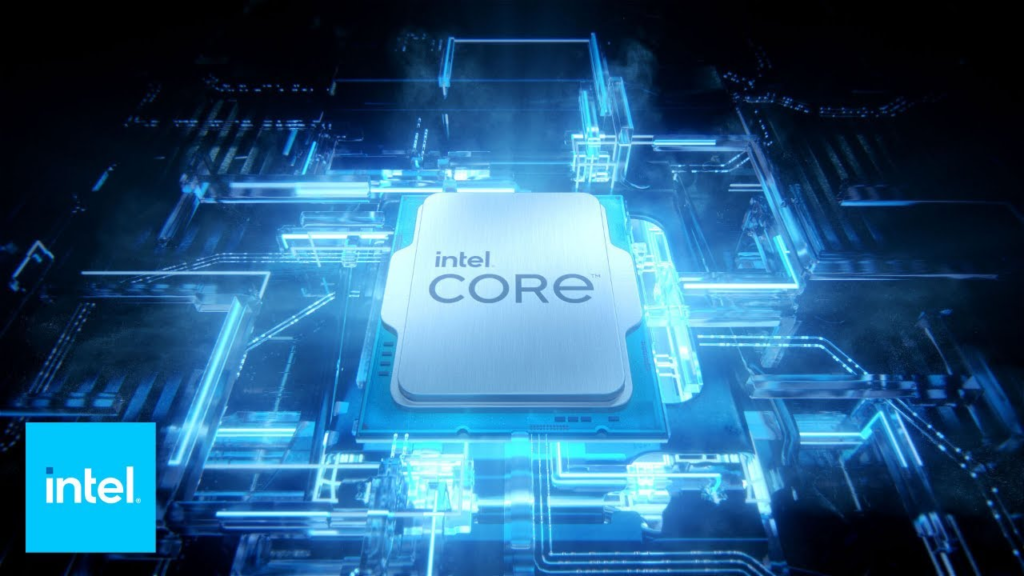Arriving Intel Core i7-14700KF Nears 6 GHz in New Benchmark
The Raptor Lake Refresh Core i7-14700KF from Intel was discovered with clock speeds identical to the i9-13900KS from the prior iteration.
BenchLeaks discovered Intel’s forthcoming Raptor Lake Refresh Core i7-14700KF CPU running at almost 6 GHz on Geekbench. The processor performs substantially better than its predecessor in Geekbench, with a score that is similar to Intel’s top-of-the-line Core i9-13900KS.

The Core i7 14700KF outperformed the Core i7-13700K by 9% in the single-core benchmark and 18% in the multi-core benchmark on Geekbench 6. It earned 3092 points in the single-core benchmark and 21713 points in the multi-core benchmark, respectively.
With just a 2.4% performance difference between them, the Core i7-14700K and Core i9-13900KS have similar multi-core test results. However, the single-core test still favours the Core i9-13900KS, as it is 9% faster.
The Core i7-14700K’s clock speed, which reportedly peaked at 5.985 GHz during the test, is the highlight. Since the Core i9-13900KS is the only Intel CPU to date with a turbo frequency of 6 GHz without the aid of overclocking, the extraordinarily high clock speed is identical to that of that processor.
The fact that the Core i7-14700K/KF is operating at almost 6 GHz shows that Intel had more headroom than anticipated in its Raptor Lake Refresh. Previous rumours predicted the Core i7-14700K/KF will clock far slower in as to prevent internal competition between the two chips, with the modest architectural refresh peaking at 6 GHz at most, including the Core i9-14900K.
The upcoming Core i7-14700KF from Intel Almost Reached 6 GHz in New Benchmark
The Raptor Lake Refresh Core i7-14700KF from Intel was discovered with clock speeds identical to the i9-13900KS from the prior iteration.
BenchLeaks discovered Intel’s forthcoming Raptor Lake Refresh Core i7-14700KF CPU running at nearly 6 GHz on Geekbench. The processor performs substantially better than its predecessor in Geekbench, with a score that is similar to Intel’s top-of-the-line Core i9-13900KS.
The Core i7-14700KF earned 3092 points in the single-core benchmark and 21713 points in the multi-core benchmark of Geekbench 6, respectively, making it 9% and 18% faster than the Core i7-13700K, respectively, in those tests. With just a 2.4% performance difference between them, the Core i7-14700K and Core i9-13900KS have similar multi-core test results.
However, the single-core test still favours the Core i9-13900KS, as it is 9% faster (possibly as a result of the memory variances between the i7 and i9 processors).
The Core i7-14700K’s clock speed, which reportedly peaked at 5.985 GHz during the test, is the highlight. Since the Core i9-13900KS is the only Intel CPU to date with a turbo frequency of 6 GHz without the aid of overclocking, the extraordinarily high clock speed is identical to that of that processor.
The fact that the Core i7-14700K/KF is operating at almost 6 GHz shows that Intel’s Raptor Lake Refresh had more headroom than anticipated. Previous rumours predicted the Core i7-14700K/KF will clock far slower in as to prevent internal competition between the two chips, with the modest architectural refresh peaking at 6 GHz at most, including the Core i9-14900K.
According to the Core i7-14700K’s claimed clock speed, the Core i9-14900K/KF/KS may reach speeds considerably above 6 GHz. With overclocking, even the Core i5-14600K might be able to reach 6 GHz. More proof that the Raptor Lake Refresh chips would surpass 6 GHz came when MSI was recently discovered creating 6.3GHz overclocking profiles in its motherboard BIOS.
For Intel’s planned 14th Gen Raptor Lake Refresh components, which are apparently being priced higher than Raptor Lake, having more frequency headroom would be very helpful. If Intel wants to draw customers to its 14th-gen CPUs, its new components must be noticeably faster.
